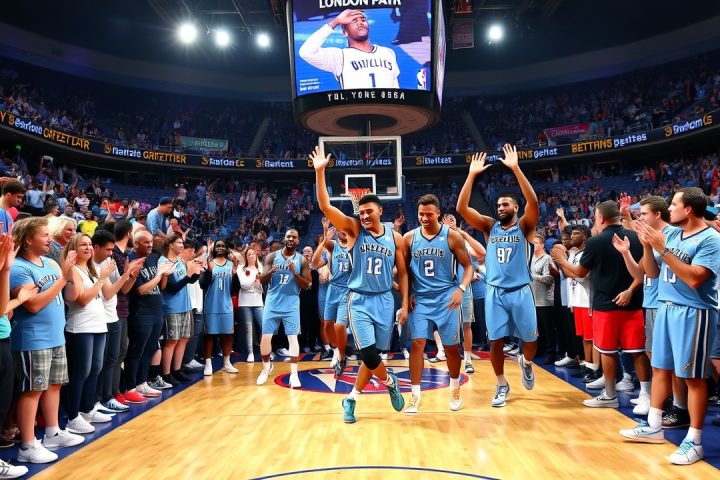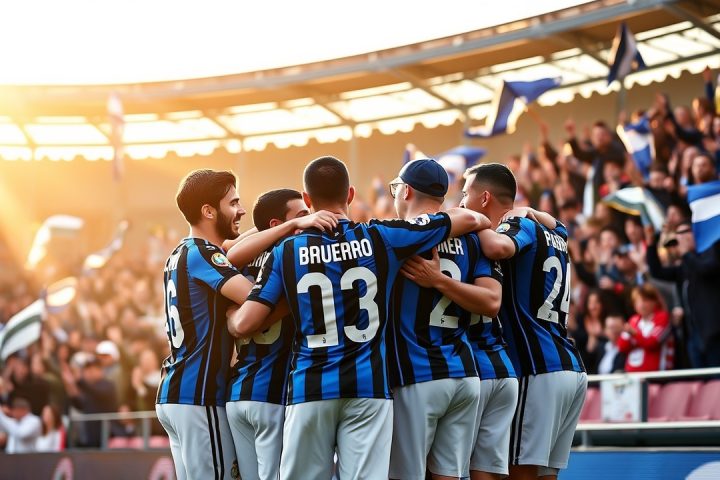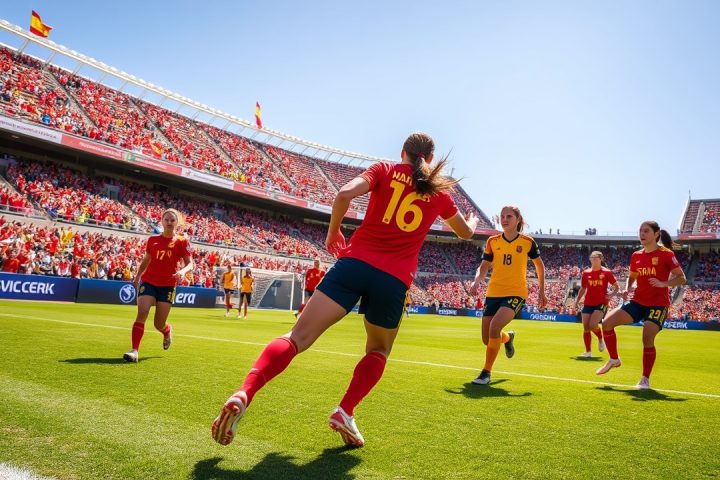Croatian Football: A Remarkable Journey
In recent years, Croatian football has garnered attention for its remarkable achievements, particularly given its modest population of 3.5 million. The nation stunned the world by reaching the World Cup final in 2018, becoming the first country with under 10 million residents to achieve such a feat in six decades. Just four years later, Croatia made it to the semi-finals once again, solidifying its reputation as a formidable contender in international football.
The Role of Romeo Jozak
Romeo Jozak, a pivotal figure in Croatian football for over 25 years, emphasizes the importance of nurturing talent in a country where the pool is limited.
“We have a few standout players, but we don’t have a plethora,”
he states, referencing icons like Luka Modric and Mateo Kovacic. With a history marked by conflict and independence declared during the Yugoslav Wars, the emotional weight of Croatia’s past has shaped the athletes that emerge from this resilient nation.
Personal Histories and National Identity
Jozak reflects on the heavy personal histories many players carry. Modric lost his grandfather to violence amidst the war, while others, like Dejan Lovren, fled their home countries as children. This backdrop fosters a fierce patriotism and determination that Jozak believes drives many players to excel.
Development of Football in Croatia
Croatia’s footballing prowess can be traced back to the aftermath of the Yugoslav Wars when the national team’s early international successes, such as finishing third in the 1998 World Cup, ignited a sense of national identity. However, recognizing the need for systematic development, the Croatian Football Association established a framework for nurturing young talent, leading to a renaissance in player development since the early 2000s.
Jozak’s Influence on Youth Development
Jozak himself has played a crucial role in this evolution. After a career hindered by injuries, he transitioned into various high-profile roles, including responsibilities at Dinamo Zagreb and the Croatian FA, where he laid down frameworks for youth development. His strategy focused on fostering internal competition, ensuring young players faced challenges against their older counterparts to accelerate their growth.
The academy at Dinamo Zagreb, where Jozak once served as director, became a breeding ground for future stars. He recalls his first impressions of Modric as a scrawny teenager who, despite not being exceptionally talented at first glance, displayed an innate composure and skill that set him apart. Jozak notes the importance of versatile training, which prepared players across various positions, particularly in midfield—a crucial sector for the Croatian national team.
Rivalry and Success
As Croatia’s football culture matured, it began to rival other former Yugoslav nations like Serbia and Slovenia, surpassing them in terms of international success. Jozak attributes this to a well-defined structure for football management and a clear strategy for talent development that emerged after 2000.
Looking Ahead
Moving forward, Jozak’s insights continue to influence not only Croatian but also international football, particularly in his new role with the Saudi Arabian FA, which aims to craft a squad of top players by the time of the 2034 World Cup. The emphasis on psychological readiness, player connections, and shared experiences has become integral to the Croatian team’s ethos, driving them to perform beyond expectations on the global stage. As they prepare for upcoming international competitions, the legacy of Croatia’s historical struggles and triumphs remains pivotal in shaping the next generation of football talents.




